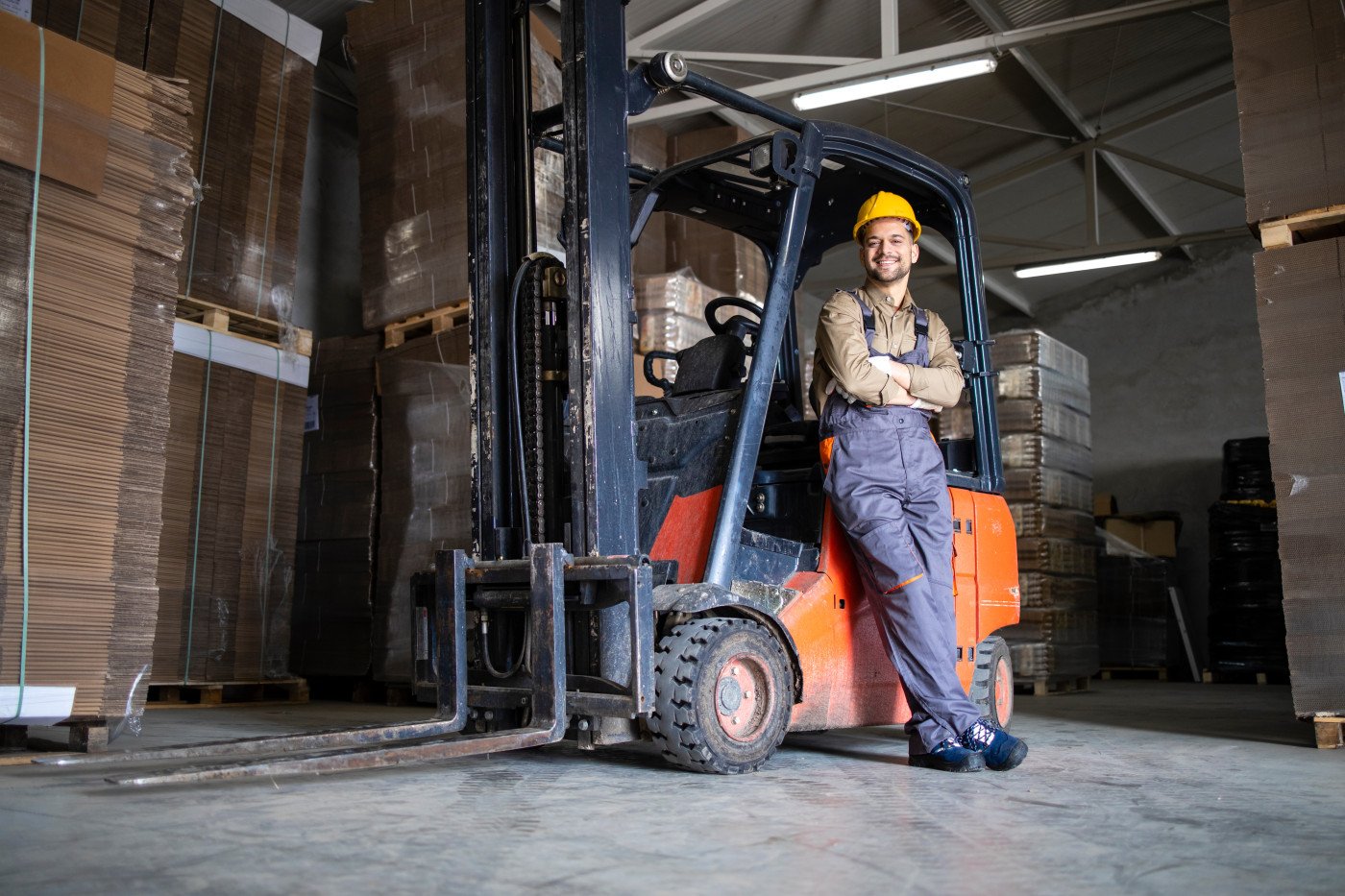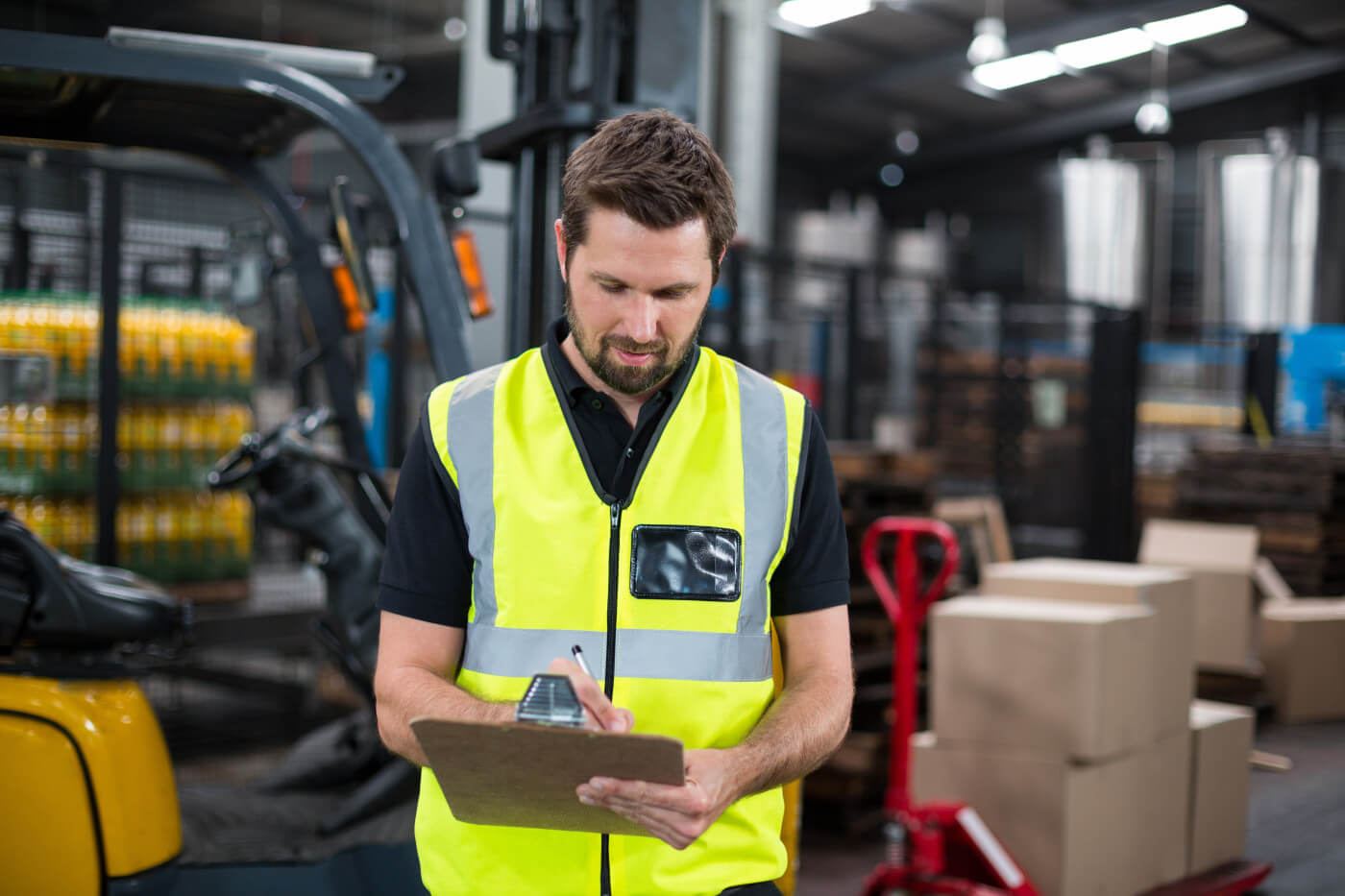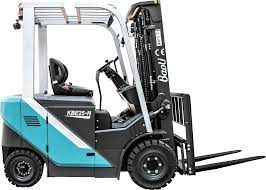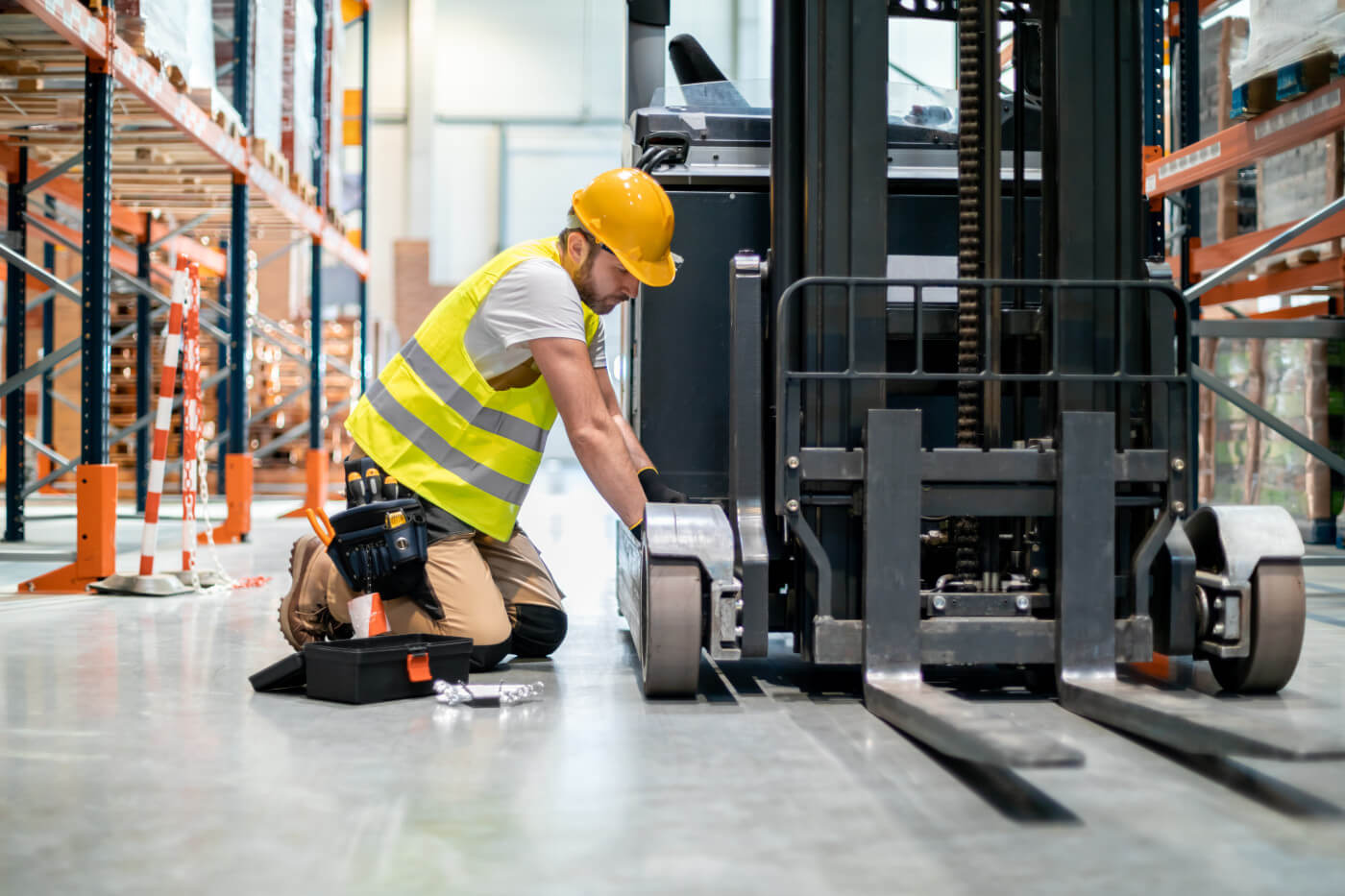Understanding and managing the total cost of owning a forklift is important. This applies throughout the entire ownership process, not just during the initial purchase. This guide helps you understand forklift TCO, so you can make better decisions based on the information provided.
We consider various factors that contribute to the overall cost. These factors include purchasing the forklift, maintaining it, repairing it, paying for fuel or power, and covering operating fees.
Our goal is to provide you with a thorough understanding. This will enable you to plan and budget for the regular expenses associated with owning a forklift. This guide helps warehouse managers and new workers make their forklift investment more efficient and cost-effective.
Forklift Purchase Price
Embarking on forklift ownership, the initial purchase price is a crucial factor. Costs vary, influenced by type, capacity, brand, and new or used status. Standard new forklifts range from $20,000 to $50,000, while high-capacity models may exceed $100,000. Alternatively, used forklifts can substantially reduce costs, though this might entail higher future maintenance.
The key is balancing initial cost against long-term value. This involves evaluating usage frequency, operational conditions, and anticipated maintenance.
A low starting price can result in higher overall costs because of frequent repairs or shorter lifespan. Hence, understanding specific needs and operational demands is paramount when selecting a forklift. This decision not only impacts immediate finances but also the long-term efficiency and productivity of your operations.
Choosing the right forklift is an investment in your business's future efficiency and productivity. Weigh your options carefully to ensure long-term value and operational success.
Forklift Maintenance and Repairs
In the realm of forklift ownership, maintenance and repairs significantly influence the Total Cost of Ownership (TCO). Routine maintenance, essential for operational longevity and safety, includes inspections, oil changes, and replacing parts like tires and brakes. Costs vary, but staying ahead of these needs is crucial.
Forklift Repair Expenses
However, these are less predictable and can be substantial. Factors such as the forklift's age, usage, and environment impact these costs. Regular, minor issues can escalate into major repairs, potentially costing thousands.
To control these expenses, a proactive maintenance strategy is key. Timely addressing of small issues not only averts larger, costlier repairs but also ensures consistent forklift efficiency and safety.
Effective maintenance is the cornerstone of reducing TCO for forklifts. Regular upkeep keeps your forklift reliable, safe, and financially manageable over its lifespan.
Fuel or Power Cost
The kind of forklift you use affects the fuel or power expense, which is a key part of forklift total cost. Regular forklifts use gasoline, diesel, or LPG, and their costs change with fuel prices. IC forklifts can have varying annual fuel costs, ranging from $1,500 to $6,000. Two factors determine the cost of them: how frequently they are used and the type of fuel they require.
Electric Forklifts
While having higher initial battery and charging infrastructure costs, often lead to lower long-term power expenses. Charging an electric forklift costs $500 to $2,000 yearly, cheaper than traditional forklifts with internal combustion engines. Additionally, electric forklifts offer the advantage of lower emissions, making them a sustainable choice.
Choosing the right forklift for the job and location is important for controlling fuel or power expenses. Whether choosing an IC or electric model, understanding these ongoing expenses is vital for accurate TCO calculation.
In managing your forklift's TCO, consider the fuel or power costs as a key financial factor. Choosing between IC and electric models impacts efficiency, budget, and environmental goals.
Operating Costs
Understanding the operating costs of a forklift is pivotal in grasping its Total Cost of Ownership (TCO). These costs encompass more than just fuel or power; they include factors like insurance, licensing, and operator training. Insurance costs can change based on factors like the value and use of the forklift, which help manage financial risks. Licensing fees, although generally nominal, are recurring expenses that add to the overall cost.
Forklift Operator Training Cost
Another crucial, yet often overlooked, element is proper training. Not only does this ensure safety but also enhances efficiency and reduces the likelihood of costly accidents or damages. Training expenses can range significantly based on the provider and the depth of instruction required.
Adding these costs to your calculations helps you understand the total expenses of owning and using a forklift. Looking beyond the surface is about appreciating the full financial picture of forklift ownership.
Remember, the key to managing your forklift's TCO effectively is to account for all operating costs. This method helps you make smart choices, ensuring your forklift investment matches your budget and needs.
Budgeting for Forklift Maintenance: Monthly to Annual Insights
Maintaining a forklift is important for its overall cost of ownership. Understanding these ongoing costs is essential for effective budgeting and long-term planning. Monthly, quarterly, and annual maintenance costs can vary depending on the forklift's model, usage, and operating conditions.
Monthly Forklift Maintenance
Typically includes basic checks and minor adjustments, with costs generally being lower. This routine upkeep helps prevent larger issues and extends the life of the forklift. Regular maintenance involves conducting thorough checks and replacing parts. These additional costs are necessary to ensure optimal performance and safety.
Annual Forklift Maintenance
The most extensive, often including major overhauls, deep cleaning, and thorough inspections. Although it is expensive, regular maintenance is important to keep the forklift reliable and efficient throughout its lifespan.
Budgeting for regular maintenance costs prevents unexpected expenses and ensures optimal forklift performance, leading to more accurate TCO calculations.
Regular maintenance is not just an expense; it's an investment in the longevity and efficiency of your forklift. By anticipating and planning for these costs, you safeguard your forklift's operation and maximize its value over time.
Make a Informed Choice with BMH for Your Forklift Needs
Choosing the right forklift and obtaining reliable repair and maintenance services is important. This is crucial for managing the overall cost of owning a forklift. Consider BMH for high-quality forklifts and excellent maintenance support. They offer a wide range of options.
Reach out today by clicking the link to learn more information or to set up an appointment with us. We look forward to hearing from you!




